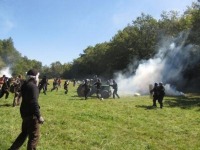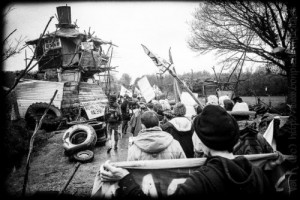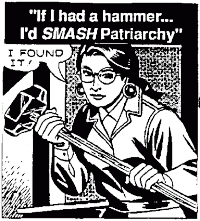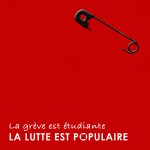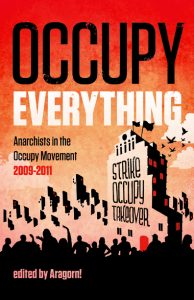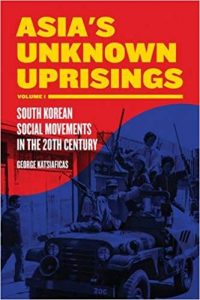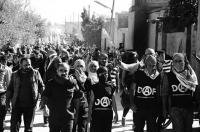
This week’s we’re presenting the second half of my conversation with Dilar Dirik, Kurdish feminist and anti-capitalist, about the Rojava Revolution. The Rojava Revolution, as we spoke of in the last episode, is the name for the Kurdish-initiated project to organize stateless communities in Northern Syria into 3 autonomous cantons in the wake of Syrian State withdrawal during the progress of the civil war in that country. Rojava is West in Kurdish and refers to the communities of Kurds living in that area as distinguished from Kurds living and struggling inside of the borders of Iraq, Iran & Turkey. Folks aligned with the Democratic Union Party, or PYD, in Rojava have been among the people fighting against incursion by Islamic State militants.
After hearing from Dilar, we’ll be hearing a segment shared by the folks from Anarchistisches Radio Berlin, which they worked together from audio recorded by Furia de Radio, an anarchist programme on 97 Irratia FM in Bilbao, Euskadi. It can be heard every Friday at 7pm in the Basque Country, or on http://www.mixcloud.com/FuriaDeRadio. The folks at Furia de Radio conducted an interview with Nicky Danesh, an Iranian anarchist living in exile in Australia this September. More content from Anarchistisches Radio Berlin can be found at http://aradio.blogsport.de in German, English, Spanish, French and more.
This week we’ll hear Dilar continue to speak about the Rojava Social Revolution, the Kurdish Women’s movements media representation of women in Rojava and in the YPJ Star militias fighting against ISIL, if there’s an overlap between anarchism and Democratic Confederalism and more. The first half of this conversation can be found here.
You can find writings by Dilar at http://dilar91.blogspot.com
A quick reminder to those in the Asheville area this week: Leslie will be speaking at Warren Wilson College in Black Mountain this Monday, the 3rd at 7pm in the Canon Lounge about his life and continued activism despite constant sureveilance!. Leslie James Pickering – former head of the North American Earth Liberation Front Press Office (NAELFPO), author, publisher, and co-founder of the Buffalo, NY bookstore, Burning Books – has endured heavy state repression for years. Leslie will discuss the current ongoing FBI investigation into his work and life as well as his extensive legal campaign to resist this surveillance. This is a free event. https://www.facebook.com/events/729763163770135/
Can’t make it out to Warren Wilson? On Tuesday, Leslie will be speaking at Downtown Books & News on Lexington Ave in Asheville at 6pm on Tuesday, November 4th. This is another free event. https://www.facebook.com/events/1419215874989621/
On Wednesday, there’ll be a benefit vegetarian dinner with music offered at the Wine Hause at 86 Patton Avenue. All proceeds will go to the Kurdish Red Crescent, offering free emergency health aid to the people of Rojava, in particular in the beseiged canton of Kobane. This event runs from 6:30 to 8:30pm.
http://bit.ly/aid4rojava
Finally, on Wednesday night at the Odditorium, on Haywood Rd in West Asheville, at 10pm there will be the opening salvo of a hopefully ongoing queer dance party series and safer space entitled Cake. This night’ll feature a performance by Bootz Durango from Charlotte and it’s suggested that queers and allies come dressed as their favorite confections. https://www.facebook.com/events/1500284163556631/
Another article recently published on the subject of Rojava from an Anarchist perspective:
http://anarkismo.net/article/27540
One in a series of blog posts by British filmmaker, Adam Curtis, on this same subject: http://www.bbc.co.uk/blogs/adamcurtis/posts/HAPPIDROME-Part-One
The playlist for this episode is here.


